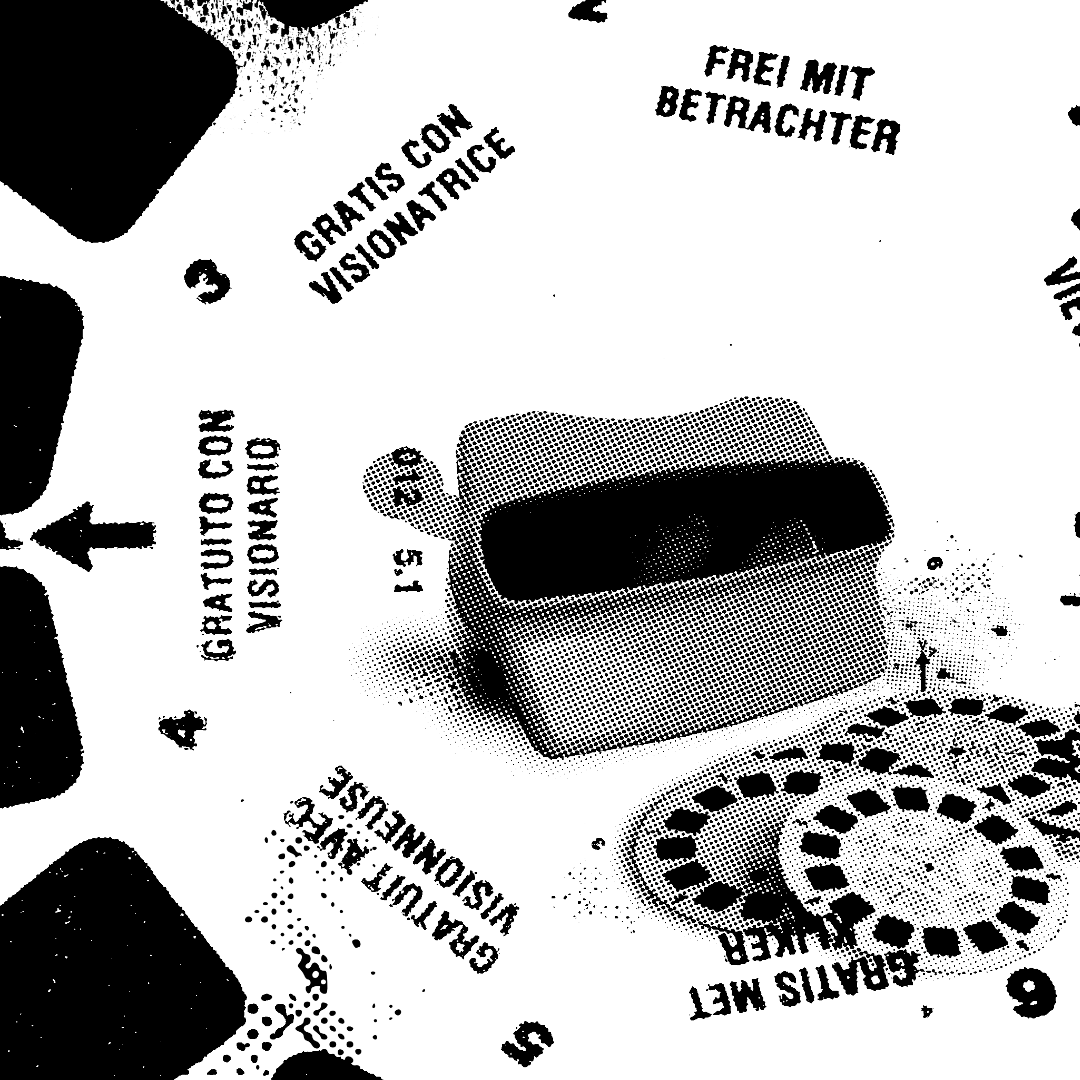In search of better ground.
For years, a good friend—and a respected book publisher—urged me to write a book. The idea intrigued me, but I was never quite sure what I had to say. Oh, if I could go back ten years, the books I would write... and may still. But those ideas are staying on the back burner for now, because today I'm thrilled to announce something new: I've written my first book.
This wasn't the topic I expected to tackle—not even a year ago. But given how quickly the world is shifting, how much seems to be in a liquid state, I felt a growing urgency. We're living in a moment where so many people are grasping at straws for clarity, direction, or a foothold. That's what inspired me to move fast and get this book out.
Over the past two decades, I've collected insights—practical, philosophical, and deeply personal—about how we approach creativity, strategy, and problem-solving. Now, with AI becoming a central force in our work and lives, I believe those insights are more valuable than ever.
The book is called Creative Intelligence: Reclaiming Your Curiosity, Wonder, and Exploration with the Robots. And it's not your typical AI book full of tips, tricks, and tools bullshit.
Where most books on AI focus on prompts, productivity, or automation, Creative Intelligence explores how to think with AI, not just use it. If you know me at all then you'll understand that I'm never interested in shortcuts or hacks. I'm interested in flipping the script on the perceptions and fog around AI. I want to see smart people use this technology to enhance their most valuable cognitive abilities—their humanity. The book explores how creative, human thinking can be amplified through collaboration with AI, not replaced by it.
The real divide isn't between AI users and non-users. It's between two modes of thinking: algorithmic thinkers who follow patterns, and creative thinkers who know how—and when—to break them.
In the book, I break down how to master both divergent and convergent modes of thinking—learning not just to generate ideas but to shape and apply them effectively. I explore how collaborating with AI can help you produce more creative, strategic outcomes—not by outsourcing your thinking, but by expanding it. This isn't about shrinking your skillset; it's about building a broader, more adaptable mental toolkit. And perhaps most importantly, I reveal which cognitive abilities will define whether you become indispensable in the age of AI—or easily replaced.
Right now, companies are rethinking their workforce. They are actively cutting to find their new Minimum Viable Humans baseline and recalibrating how to evaluate talent. They're not asking "Can you use AI?" but "What kind of thinking does this role demand—and can AI already do it faster?" If the answer is yes, the role is at risk. But if you bring uniquely human creativity into the equation—augmented by AI—you become not just relevant, but essential. During this transformation, leaders are closely observing their teams—not just monitoring performance, but studying how people respond to disruption and which minds generate the ideas that matter.
I wrote Creative Intelligence because I see where things are headed. In the past I’ve waited for external validation before speaking up about the future, but this time I don’t need it and there’s not time to waste. The once satirical film Idiocracy is looking more prophetic by the year. So many people are becoming NPCs, following predetermined scripts instead of thinking independently. Black Mirror wasn't supposed to be a how-to series, We’re accelerating toward a world where thinking itself is outsourced—and curiosity is treated as optional. We can still turn the tide—not by checking out, and not by looking back—but by doubling down on the very traits that make us human: curiosity, imagination, critical inquiry, and creative nerve.
This book and more to come is my contribution to that effort. I'd love to have you join me on this journey starting with reading the core chapter on the two thinking modes that will give us all a fighting chance. A toehold for everyone climbing toward something better, especially when the path is far from clear.
You might be interested, curious, skeptical, resistant, frayed, or even put out, but I hope you’ll check it out—download the free chapter—and let me know what you think.


Member discussion